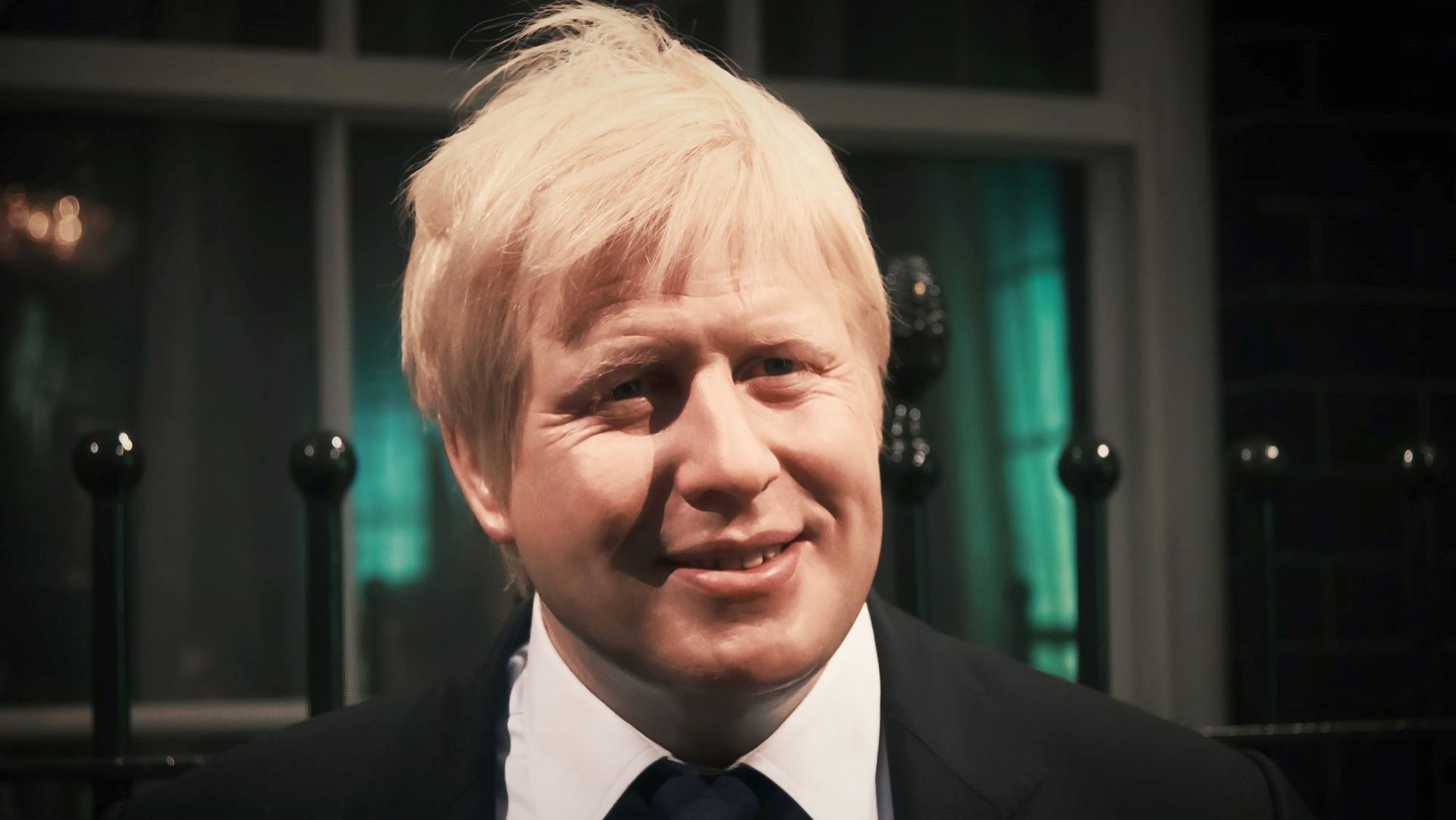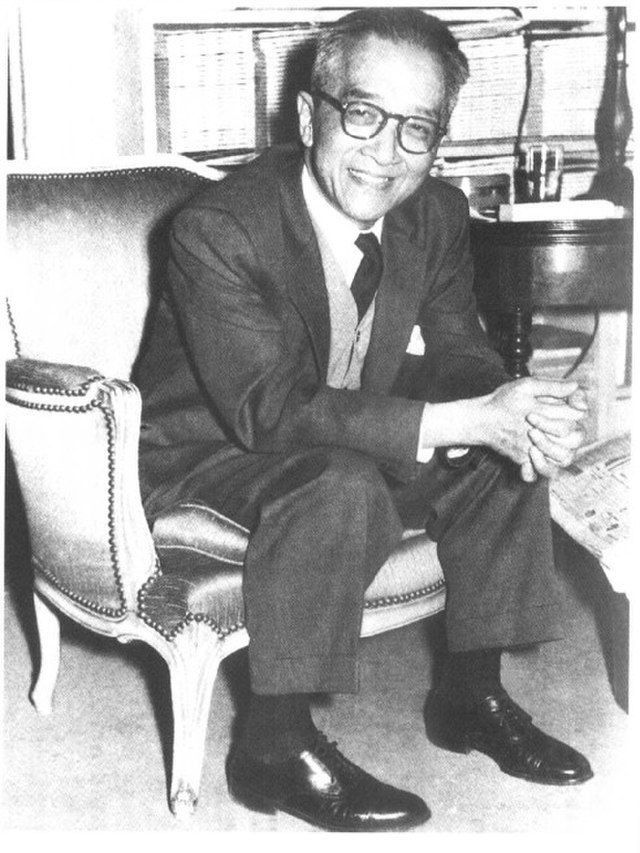In his essay “Why I’m Not a Conservative,” F.A. Hayek makes several cases against conservatism, with the overall goal of differentiating conservatism from libertarianism (or liberalism – which I will be using henceforth).
Why conservatism and liberalism can have some similarities
He begins by analyzing why conservatism and liberalism are often viewed as similar schools of thought. Conservatives and liberals, he argues, both find themselves being against new policies and ideas espoused by so-called “progressive” movements. The difference, though, is that liberals do not oppose change for the sake of being against change.
Liberals are resistant to change merely because “when most movements that are thought to be progressive advocate further encroachments on individual liberty, those who cherish freedom are likely to expend their energies in opposition.”
Conservatives are against change simply because they are attached to traditions and are skeptical of drastic change altogether. He illustrates the conservatives in Europe that were opposed to liberalism, and that the change occurred just because socialism became more prevalent. This definition of conservatism (being against drastic change) is what he is describing throughout the essay.
Flaws of modern political modeling
Hayek continues by asserting that the conventional mental model of conservatives being on the right, progressives being on the left, and liberals being somewhere in the middle on a single line is flawed.
He stresses that, “it would be more appropriate to arrange them in a triangle with the conservatives occupying one corner, with the socialists pulling toward the second and the liberals toward the third.”
Part of what makes the conventional model flawed is that as progressives gain more power and influence, conservatives often find themselves compromising in an attempt to slow or halt the change taking place. Liberals don’t necessarily want to slow the change, rather they want to find a new direction of change.
He digresses and makes the point that liberals can support long standing institutions, but they’re only desirable if they correspond with liberal values. Long standing institutions are not desirable out of mere tradition.
How conservatives and progressives promote statism
Hayek then asserts that conservatives, with the goal of hindering change, are more than welcome to use state powers to achieve such aims. Conservatives are hardly different from progressives in the sense that arbitrary power is acceptable as long as the power achieves the goals that conservatives desire. “Like the socialist,” he writes, “[the conservative] regards himself as entitled to force the value he holds on other people.” Due to this fact, conservatives lack principle, whereas liberalism is an ideology built on principles.
That said, he doesn’t necessarily mean that conservatives lack moral principles. He acknowledges that conservatives have very strong moral convictions. The problem is that conservatives desire to use the state to impose moral convictions, whereas liberals want people to pursue meaningful lives in any way they see fit and to be tolerant of the choices of others.
Conservatives and nationalism
Another crucial element of Hayek’s argument is that conservatives are nationalistic. Hayek says that “the ideas which are changing our civilization respect no boundaries.” To be nationalistic and refuse to acquaint yourself with different ideas is to weaken intellectually.
He argues that conservatives will cease to be effective in their influence if they remain nationalistic. Hayek also recognizes that nationalism is what primarily links conservatism and collectivism, since making national interests your main focus is to lose focus of individual interests. This sense of national superiority is also what can lead a nation into imperialism, for it can lead to a desire to try and “civilize” the world into developing the traditions you see as best. Hayek also wants to make clear that there’s nothing wrong with having reverence for national traditions, but he asserts that this is separate from the type of nationalism he is addressing.
How Hayek defines liberalism
One of Hayek’s final points is his use of the word “liberal”. Historically, liberalism indicated the ideas of figures such as Edmund Burke, Alexis de Tocqueville, and Lord Acton.
Unfortunately, the term brings many misunderstandings, especially in American politics. Hayek even recognizes that the term “libertarian” is often used in its place, but he finds the term unattractive because “it carries too much the flavor of a manufactured term and of a substitute” and he continues by stressing he wants “a word which describes the party of life, the party that favors free growth and spontaneous evolution.”
Freedom: a key to long term growth and development
Hayek concludes that resistance to illiberal change should be based on a belief in freedom and a forward looking attitude rather than a desire for tradition or nostalgia. Liberalism and conservatism are too incompatible due to conservatism’s lack of principle. “Conservatism may often be a useful practical maxim, but it does not give us any guiding principles which can influence long-range developments.”
For those reasons, liberals must rely on persuading progressives. While they often are aiming in the wrong direction, they are the ones most willing to challenge things and change society whenever necessary.
Summary of Friedrich Hayek’s points
- Conservatives are defined as being resistant to change
- Liberals/libertarians aren’t against change, just change in the direction of illiberalism
- Conservatives are unprincipled, and it shows in their practices of compromising in hopes of hindering change, using state power to enforce their goals, and their collectivist nationalism
- The term “liberal” has become misunderstood in American politics, where it historically has been associated with the ideas that we would now normally associate with libertarianism.
- Liberals and conservatives differ greatly, and liberals should rely on persuading progressives due to their open-mindedness and willingness to change
Questions to Consider:
- Does Hayek’s definition of “conservative” accurately portray conservatism?
- Is Hayek’s analysis of conservatism in practice, regardless of his definition, accurate?
- What is your opinion on the word “liberal” and its use in American politics?
- Should liberals/libertarians gear more towards persuading progressives rather than trying to ally with conservatives?
Further reading:
- F.A. Hayek, “Why I’m Not a Conservative”
- Deirdre McCloskey, “Manifesto for a New American Liberalism”
- Brink Lindsey, “Libertarians”
To learn more about the various schools of thought in classical liberalism, be sure to check out the blog below.
This piece solely expresses the opinion of the author and not necessarily the organization as a whole. Students For Liberty is committed to facilitating a broad dialogue for liberty, representing a variety of opinions.









